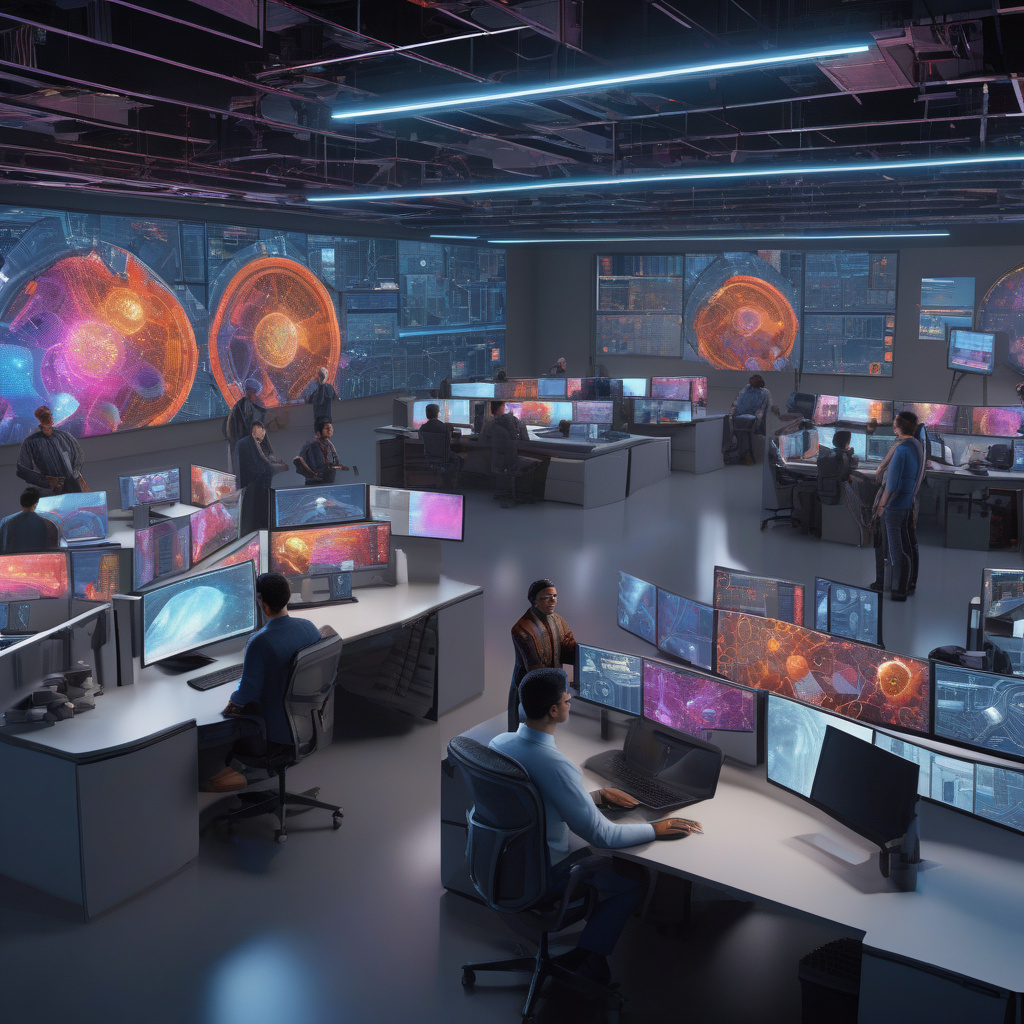In the fast-evolving landscape of technology, the adoption of generative AI is on the rise, offering unprecedented capabilities and opportunities for organizations across various industries. As the demand for sophisticated AI workloads grows, Kubernetes has emerged as the leading platform for orchestrating these complex processes efficiently. However, amidst the excitement surrounding the potential of generative AI, it is crucial to address the pressing issue of security, particularly in the context of Kubernetes environments.
Kubernetes security plays a pivotal role in ensuring the integrity and confidentiality of data processed by AI applications. With the vast amounts of sensitive information handled by these systems, any vulnerabilities in the Kubernetes infrastructure can expose organizations to significant risks, including data breaches, unauthorized access, and potential financial losses. By implementing robust security measures, businesses can safeguard their AI initiatives and uphold the trust of their customers and stakeholders.
One of the primary reasons why Kubernetes security is critical for maintaining GenAI integrity lies in the sophisticated nature of AI workloads themselves. Generative AI models, such as deep learning algorithms, often require extensive computational resources and intricate configurations to function effectively. As a result, these workloads are more susceptible to security threats that target the underlying infrastructure orchestrating them, making Kubernetes a prime target for potential cyber-attacks.
Furthermore, the dynamic and scalable nature of Kubernetes clusters introduces additional complexities when it comes to securing AI workloads. As containers are spun up and down based on workload demands, ensuring consistent security policies and access controls becomes a challenging task. Without proper security protocols in place, unauthorized users or malicious actors could exploit vulnerabilities within the Kubernetes environment, compromising the integrity of AI-generated insights and results.
To mitigate these risks and fortify Kubernetes security for generative AI applications, organizations must adopt a proactive approach to cybersecurity. This includes implementing encryption mechanisms to protect data both at rest and in transit, conducting regular security audits and assessments to identify potential vulnerabilities, and enforcing strict access controls to prevent unauthorized access to critical resources.
Moreover, leveraging advanced security solutions, such as container-specific security tools and threat detection systems, can enhance the overall resilience of Kubernetes environments hosting AI workloads. By staying informed about the latest security best practices and emerging threats in the AI landscape, organizations can stay one step ahead of cyber threats and ensure the continuous integrity of their GenAI initiatives.
In conclusion, the intersection of Kubernetes and generative AI presents a wealth of opportunities for innovation and growth. However, to fully harness the potential of AI technologies, organizations must prioritize Kubernetes security to safeguard their data, systems, and reputation. By investing in robust security measures and staying vigilant against evolving threats, businesses can build a secure foundation for their GenAI projects and pave the way for a future where AI-driven insights drive sustainable success.

